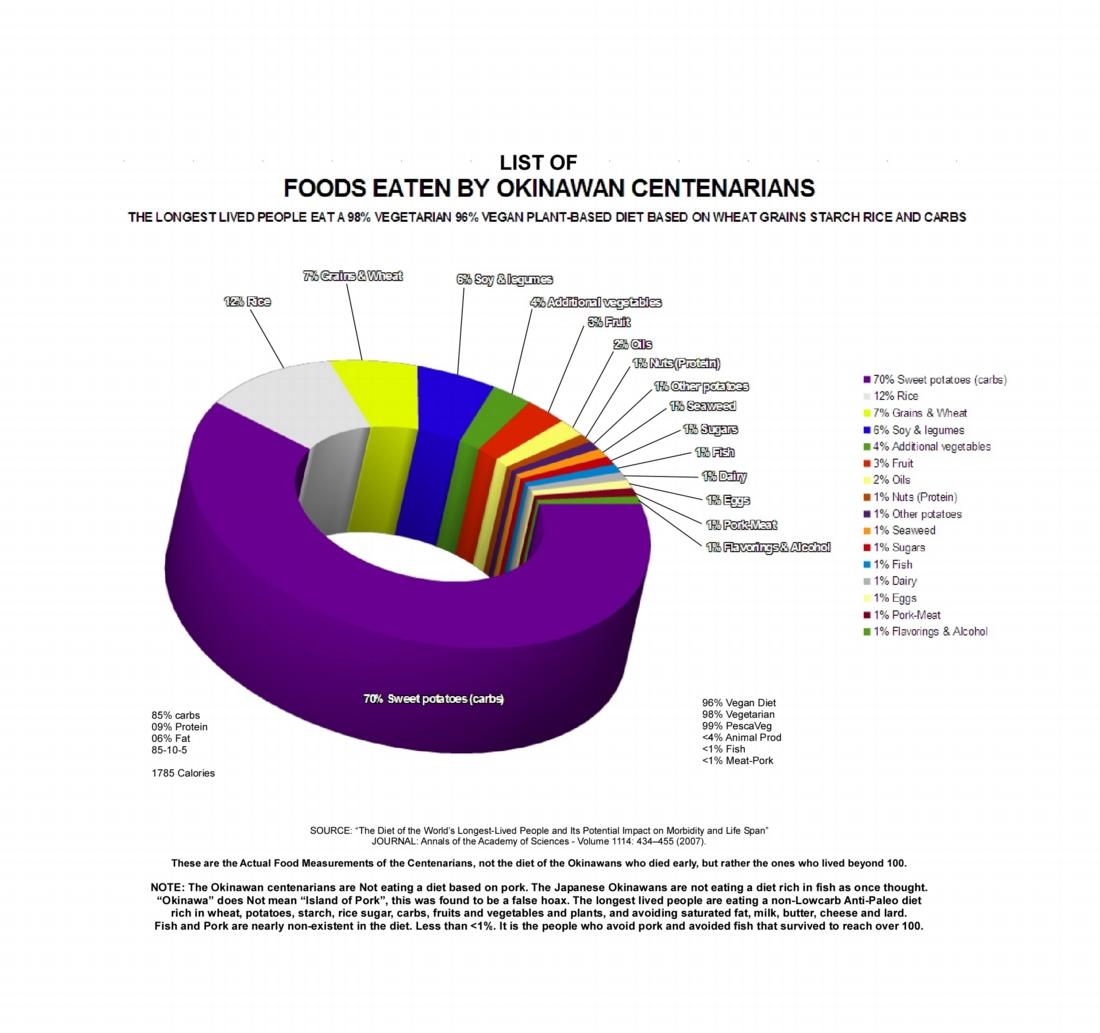In a world where dietary advice seems to change as frequently as fashion trends, the carnivore diet emerges as a controversial figure on the nutritional stage. Picture a plate devoid of colorful vegetables, grains, or fruits, replaced entirely by an array of meats, eggs, and animal-derived products. This is the essence of the carnivore diet—a nutritional approach that challenges conventional wisdom and raises eyebrows among dietitians and food enthusiasts alike. But can such a meat-centric regimen truly sustain health and vitality? As we delve into the sizzling debate surrounding the carnivore diet, we explore the potential benefits and risks, seeking to uncover whether this primal path to nourishment is a viable route to well-being or merely a fleeting dietary fad. Join us as we carve through the facts and fiction, navigating the complex landscape of nutrition in pursuit of a balanced perspective on the carnivore diet’s role in modern health.
Exploring the Nutritional Foundations of a Carnivore Diet
The carnivore diet, characterized by its exclusive focus on animal-based foods, is often scrutinized for its nutritional adequacy. At the heart of this dietary approach lies a variety of nutrient-dense foods that can potentially support health. Meat, especially red meat, is a rich source of high-quality protein, essential for muscle maintenance and repair. It also provides critical vitamins and minerals, including B vitamins, which play a role in energy production, and iron, vital for oxygen transport in the blood. Organ meats, often referred to as nature’s multivitamins, offer an abundance of nutrients like vitamin A, zinc, and selenium, which support immune function and antioxidant activity.
- Fish and Seafood: These are excellent sources of omega-3 fatty acids, crucial for heart and brain health.
- Eggs: Provide choline, which is important for brain development and function.
- Dairy: When included, it can add calcium and vitamin D, supporting bone health.
While the carnivore diet is often seen as restrictive, it can be strategically crafted to include a range of animal products that collectively cover many nutritional bases. However, it is crucial to approach this diet with mindfulness and consideration of individual health needs, possibly supplementing certain nutrients that might be less prevalent, such as fiber and vitamin C.

Potential Health Benefits and Risks of Going All-Meat
The carnivore diet, while controversial, is gaining attention for its potential health benefits. Advocates claim that it may lead to various positive outcomes such as:
- Improved mental clarity: Some individuals report enhanced focus and cognitive function when they eliminate carbohydrates and plant-based foods.
- Weight loss: With a focus on high-protein and fat intake, this diet can promote satiety and reduce overall calorie consumption.
- Reduced inflammation: Proponents suggest that eliminating certain plant compounds might decrease inflammation markers.
However, it is essential to consider the potential risks involved:
- Nutrient deficiencies: The exclusion of fruits, vegetables, and grains can lead to a lack of essential vitamins and minerals.
- Heart health concerns: High intake of saturated fats could raise cholesterol levels, posing risks for cardiovascular diseases.
- Digestive issues: The absence of dietary fiber might result in constipation and other gastrointestinal problems.
Given these factors, it’s crucial for individuals to weigh both the potential benefits and risks before adopting an all-meat diet. Consulting with a healthcare professional is advisable to ensure a balanced approach to nutrition.

Navigating Nutrient Deficiencies and Supplementation
When embarking on a carnivore diet, it’s essential to understand the potential nutrient deficiencies that might arise from an exclusively meat-based regimen. While this diet is rich in proteins and fats, it often lacks certain vitamins and minerals typically found in plant-based foods. Vitamin C, for instance, is crucial for immune function and skin health, yet it is scarce in a meat-only diet. Similarly, fiber, vital for digestive health, and antioxidants, which help combat oxidative stress, are often missing.
To address these deficiencies, thoughtful supplementation can play a pivotal role. Here are some supplements to consider integrating into your carnivore diet:
- Vitamin C: Look for supplements derived from natural sources like acerola cherries or camu camu.
- Magnesium: Essential for muscle and nerve function, consider a chelated form for better absorption.
- Omega-3 Fatty Acids: While some fatty fish are included in the diet, additional omega-3s can support heart and brain health.
- Probiotics: To maintain gut health in the absence of fiber, probiotic supplements can be beneficial.
Balancing nutrient intake with the right supplements can help mitigate potential deficiencies and support overall well-being on a carnivore diet.
Crafting a Balanced Approach to Carnivorous Eating
Embracing a meat-centric lifestyle doesn’t mean abandoning balance. Crafting a well-rounded approach involves understanding the nuances of meat selection and preparation. Prioritize variety: incorporating different types of meat such as beef, lamb, pork, and poultry can offer a broader spectrum of nutrients. Additionally, paying attention to the sourcing of these meats is crucial—opt for grass-fed, pasture-raised options when possible to maximize nutritional benefits and minimize exposure to additives.
- Focus on organ meats: Rich in vitamins and minerals, they can help fill potential nutritional gaps.
- Consider preparation methods: Grilling, roasting, and slow cooking can preserve nutrients better than deep-frying.
- Listen to your body: Adjusting intake based on energy levels, digestion, and overall wellness can guide dietary choices.
Balancing a carnivorous diet requires attention to detail, ensuring that the approach not only meets dietary needs but also supports long-term health. By focusing on these key elements, one can enjoy the benefits of a meat-based diet without compromising on health.
To Conclude
As we conclude our exploration into the carnivore diet, we stand at the crossroads of culinary curiosity and nutritional science. While the allure of sizzling steaks and the simplicity of meat-centric meals beckon some, others tread cautiously, mindful of the complex symphony of nutrients our bodies require. The debate over whether a carnivore diet can be healthy is as multifaceted as the diet itself, with research still unfolding and opinions as diverse as the diets we choose. As with any dietary journey, the key lies in listening to our bodies, consulting with health professionals, and considering the broader tapestry of our individual health needs and lifestyle choices. Whether you find yourself drawn to the primal call of a carnivorous regimen or prefer the vibrant variety of a more omnivorous path, may your choices nourish not only your body but also your quest for knowledge and well-being.




